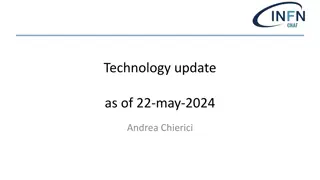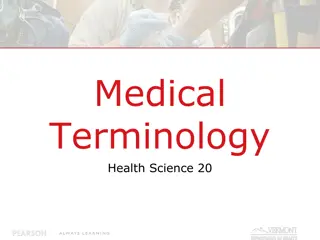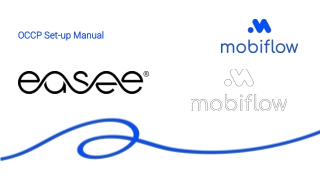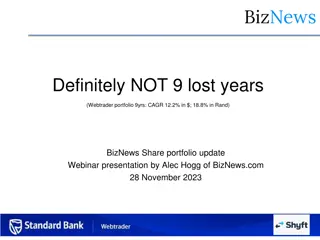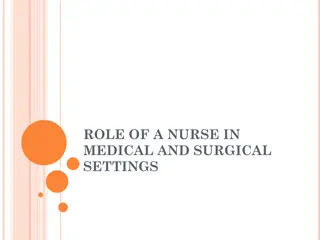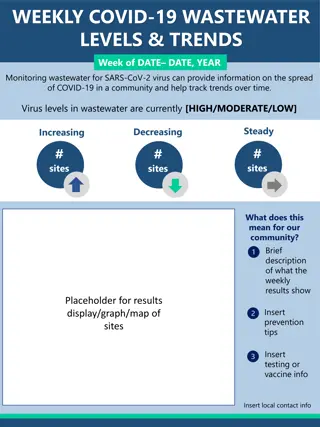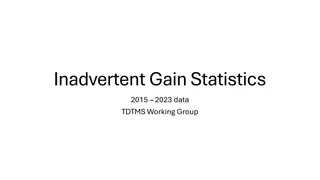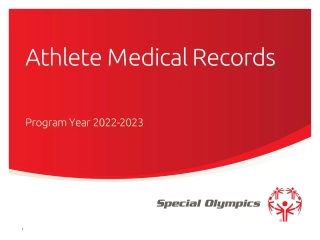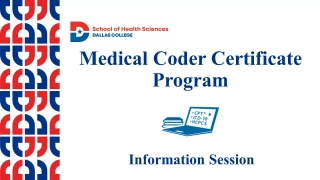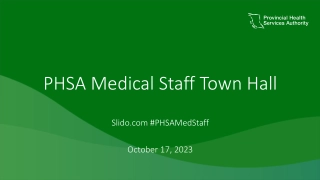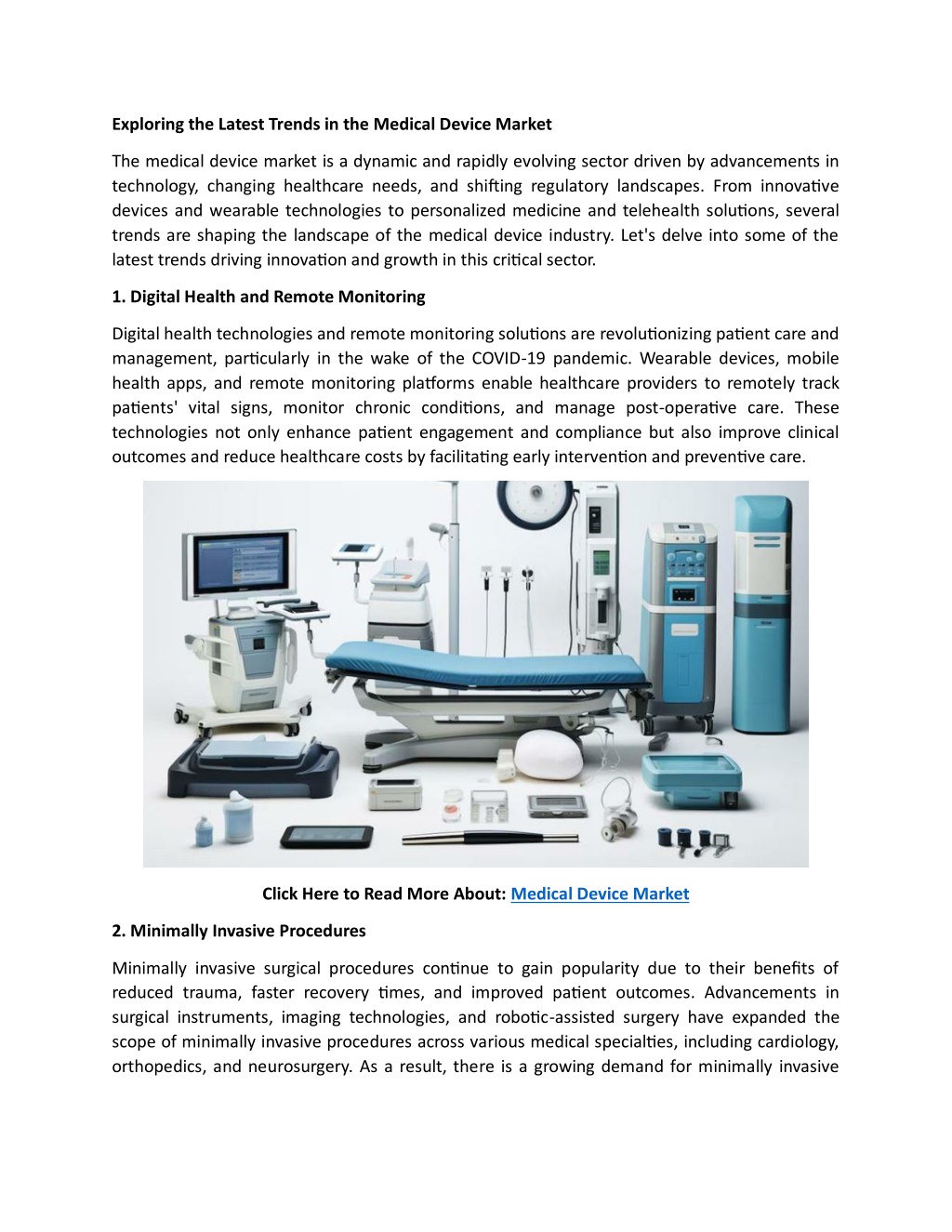
Exploring the Latest Trends in the Medical Device Market
In this article, you've explored the latest trends in the Medical Device Market
- Medical Devices Market Share
- Medical Devices Market Growth
- Medical Devices Market Revenue
- Medical Devices Market Trends
- Medical Devices Market Analysis
- Medical Devices Market Outlook
- Medical Devices Market Players
- Medical Devices Market Companies
Download Presentation
Please find below an Image/Link to download the presentation.
The content on the website is provided AS IS for your information and personal use only. It may not be sold, licensed, or shared on other websites without obtaining consent from the author. Download presentation by click this link. If you encounter any issues during the download, it is possible that the publisher has removed the file from their server.
Presentation Transcript
Exploring the Latest Trends in the Medical Device Market The medical device market is a dynamic and rapidly evolving sector driven by advancements in technology, changing healthcare needs, and shifting regulatory landscapes. From innovative devices and wearable technologies to personalized medicine and telehealth solutions, several trends are shaping the landscape of the medical device industry. Let's delve into some of the latest trends driving innovation and growth in this critical sector. 1. Digital Health and Remote Monitoring Digital health technologies and remote monitoring solutions are revolutionizing patient care and management, particularly in the wake of the COVID-19 pandemic. Wearable devices, mobile health apps, and remote monitoring platforms enable healthcare providers to remotely track patients' vital signs, monitor chronic conditions, and manage post-operative care. These technologies not only enhance patient engagement and compliance but also improve clinical outcomes and reduce healthcare costs by facilitating early intervention and preventive care. Click Here to Read More About: Medical Device Market 2. Minimally Invasive Procedures Minimally invasive surgical procedures continue to gain popularity due to their benefits of reduced trauma, faster recovery times, and improved patient outcomes. Advancements in surgical instruments, imaging technologies, and robotic-assisted surgery have expanded the scope of minimally invasive procedures across various medical specialties, including cardiology, orthopedics, and neurosurgery. As a result, there is a growing demand for minimally invasive
devices such as laparoscopic instruments, endoscopes, and robotic surgical systems in the medical device market. 3. Personalized Medicine and Precision Therapeutics Personalized medicine and precision therapeutics are transforming the way diseases are diagnosed, treated, and managed. Advances in genomics, molecular diagnostics, and biomarker testing enable healthcare providers to tailor treatments to individual patients' genetic makeup, lifestyle factors, and disease characteristics. Companion diagnostics, targeted drug delivery systems, and gene editing technologies are driving the development of personalized medical devices and therapies that offer greater efficacy, safety, and patient satisfaction. Visit this Link: Medical Device Industry 4. Telemedicine and Virtual Care Telemedicine and virtual care have experienced unprecedented growth and adoption, fueled by the need for remote healthcare delivery and patient access during the COVID-19 pandemic. Telehealth platforms, video consultations, and remote monitoring devices enable patients to receive medical care, consultation, and monitoring from the comfort of their homes. The integration of telemedicine into mainstream healthcare delivery systems has expanded access to specialized care, improved patient convenience, and reduced healthcare disparities. 5. Artificial Intelligence and Machine Learning
Artificial intelligence (AI) and machine learning (ML) are revolutionizing medical device technology by enabling automation, predictive analytics, and decision support systems. AI-driven medical imaging, diagnostic algorithms, and predictive modeling tools enhance diagnostic accuracy, assist in treatment planning, and optimize clinical workflows. AI-powered medical devices, such as smart implants, robotic surgical systems, and autonomous medical robots, offer unparalleled precision, efficiency, and reliability in patient care delivery. 6. Regulatory Compliance and Quality Assurance Regulatory compliance and quality assurance remain paramount in the medical device market to ensure patient safety, product efficacy, and regulatory compliance. Manufacturers are investing in robust quality management systems, risk mitigation strategies, and compliance frameworks to meet stringent regulatory requirements and international standards. The implementation of quality management software, digital documentation systems, and real-time monitoring tools streamlines regulatory compliance processes and enhances product quality and traceability throughout the product lifecycle. Conclusion The medical device market is at the forefront of innovation, driven by technological advancements, clinical advancements, and evolving healthcare needs. From digital health and remote monitoring to minimally invasive procedures and personalized medicine, these trends are reshaping the landscape of the medical device industry, enabling healthcare providers to deliver more effective, efficient, and patient-centric care. As the industry continues to evolve, stakeholders must remain agile, adaptable, and forward-thinking to capitalize on emerging opportunities and address evolving challenges in the dynamic healthcare landscape.


